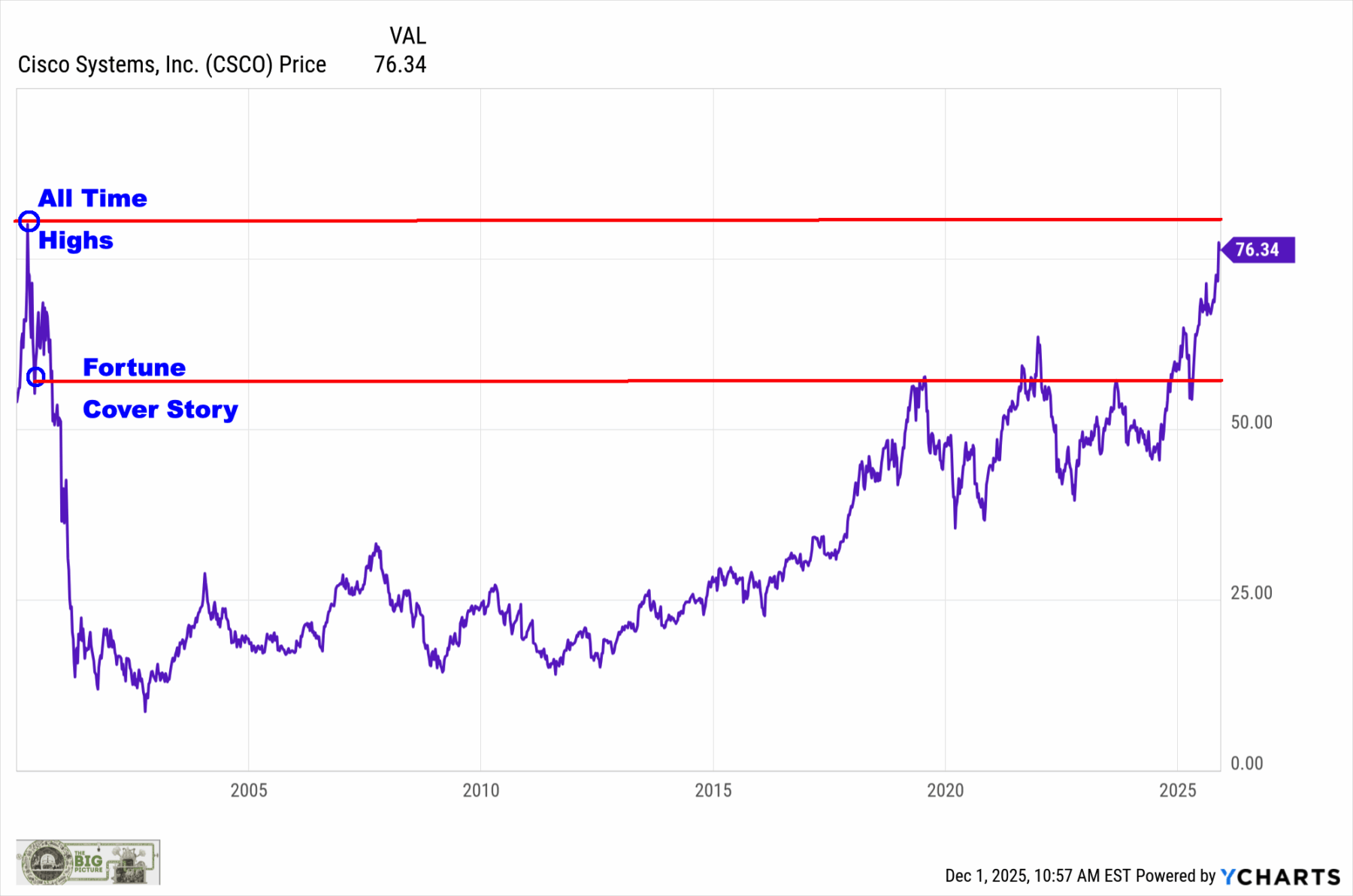“Older Americans Invest Like 30-Year-Olds.” So reads the headline of a news story by Anne Tergeson on the front page of the July 6 Wall Street Journal. (The electronic version, published July 4, has a somewhat different headline: “America’s Retirees Are Investing More Like 30-Year-Olds.”)
She interviews people about their strategy but, except for the case of Wayne Winquist, the reader gets very little feel for the net worth of the people being interviewed.
There’s an even bigger problem. Although she mentions one couple living “mainly on Social Security benefits,” that’s the only mention of Social Security.
Here’s what you should know as someone thinking about your investment portfolio especially if you’re in your sixties or older: Social Security is like an inflation-indexed bond.
Let’s say you’re 67 and have a spouse who’s also 67 and you’re about to start taking SS benefits. Because you’ve been taxed heavily for these benefits for, probably, over 40 years and because many of those years have been high-income ones, you and your spouse get $60,000 in SS benefits annually. Let’s say you’re both relatively healthy and both expect to live for another 20 years.
Because SS benefits are indexed for inflation, you get annual “coupons” as if your SS is a bond. What’s the value of the bond? That depends on the interest rate, of course. A principle I taught my students in my Cost/Benefit Analysis course is that you discount real magnitudes using real interest rates. Your real benefit each year is $60,000. The value of the Social Security “bond” is the present value of a stream of income of $60,000 for 20 years. Let’s say the real discount rate is 2%. Then the value of the SS bond is about $981,000. You have, in essence, a $1-million inflation-indexed bond.
So let’s say that you’ve invested all your retirement assets, other than your house, in a stock index fund like Vanguard Total Market Index. Let’s say that the value of that currently is $1.5 million.
So now it doesn’t look as if your retirement net worth is heavily into stocks. In this case, 60% of your net worth (not including the equity in your house and any other major assets) is in stocks.
If I were to go a financial advisor to talk about my retirement (I don’t because I trust myself) and he/she didn’t say in the first meeting something like “Think of your Social Security benefit as an inflation-indexed bond,” I wouldn’t return.
















